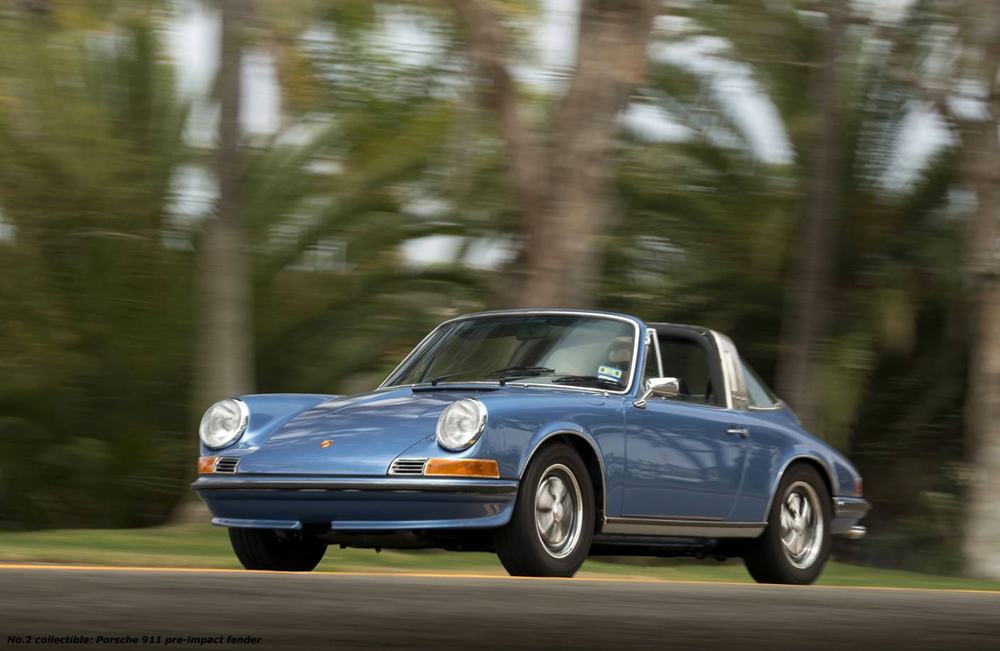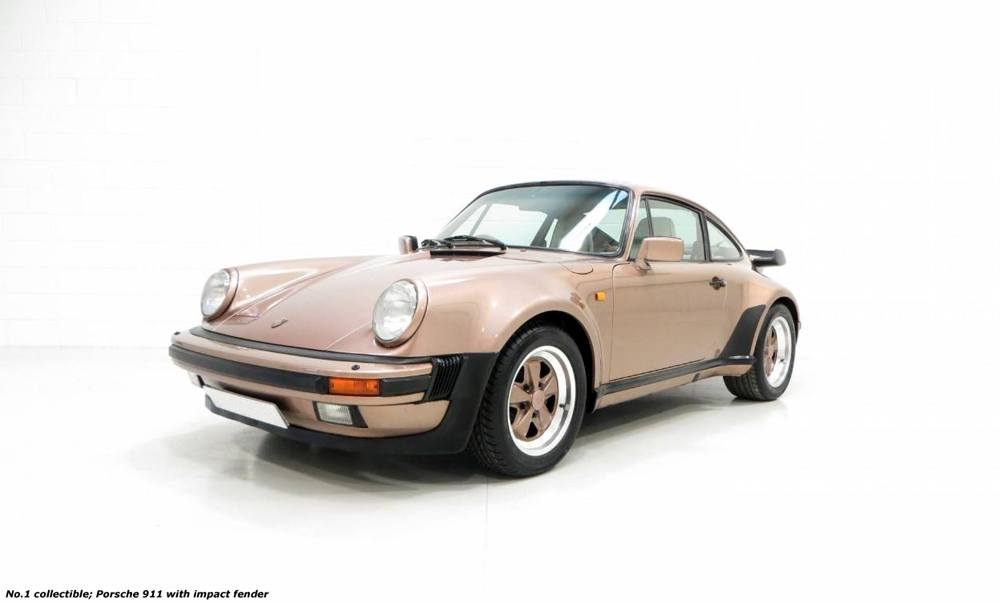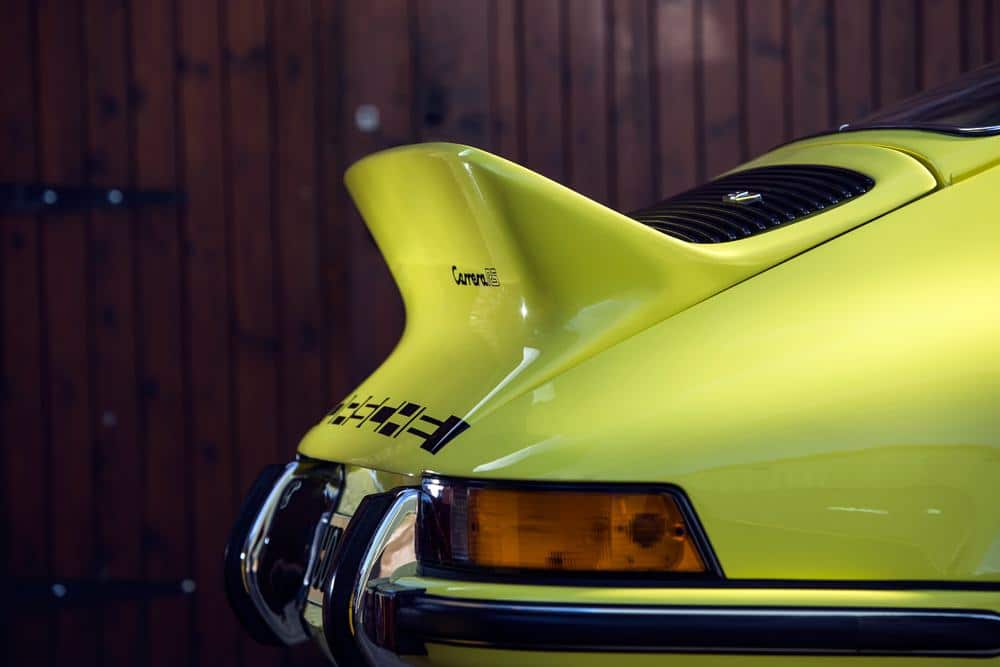It is a truth universally acknowledged that the more companies talk about the quality of their customer service, the worse it gets. The bigger the organization the worse it gets, and so on. Beyond that is the absolute nadir of customer service that currently is a long established airline company whose name, like the Dark Lord’s, is not mentioned in polite circles.
It was not always like this. Once upon a time, shops and trades and businesses were local and the customer knew with whom they were dealing. Customer service was not spoken of because it was expected and given automatically.
Staff were helpful, polite, and above all, were allowed to use their common sense. You don’t get that out of a company manual.
Too Much Complexity
To be fair, the retail car industry hasn’t really fallen into that trap, although there is a sense of sales staff performing rather than serving. In such a cut-throat business, the need to stay on top of one’s game is obviously paramount. Customer service in car dealerships is usually excellent, if a little slick. What has changed for the worst though is cost. The complexity of modern cars and, for the most part, the total inability of the average customer to fix them at home means expensive garage bills when even the slightest thing goes wrong. The car makers know this.
Well, according to an admittedly dusty and neglected four-year old report I came across, the public are beginning to question the need for more and more superfluous gadgets and unnecessary extras on cars, which simply add to the expense and complexity. Over 70% of drivers, the report states, would happily do without an electronic parking brake or electrically adjustable seats, for example. They prefer to be connected to the road rather than the World Wide Web. Car makers have built themselves into a corner. They’ve nowhere to go to make their product better than the next showroom, except by the practice of adding more and more trinkets and geegaws.
The result of this is that customers are saving money by selecting smaller, less well featured models, like basic city cars, and sales of these have risen exponentially. Here in the UK, there are many sightings of the Dacia Sandero, Europe’s cheapest car, and the thing is, it isn’t at all bad.
But isn’t all this new car business just a bit tedious? Slick servers, boring vehicles, manufactured customer service; please choose from the following twenty-seven options, your call is important to us so we’ll keep you hanging on until hell freezes over and so on. Where’s the fun and what used to be known as the joy of motoring? Where’s the real customer service?

Going Back In Time
There is a way to travel back in time to an era when the words “customer service” actually meant something, and cars were simple to fix. Buy a classic car. In your heart of hearts, you know this to be true. Anyone who buys a classic is obviously going to be hated by the monomaniacal lobby who demand, not unlike themselves, that cars emit nothing more than hot air, but this has to be balanced against the pleasure of driving old school.
There are plenty of classic cars to choose from and they don’t all break auction records. In Europe, a recent top ten list is dominated by Porsche with four different classic 911s featured in the top ten, two of which stand at the top of the rankings. Sure, these, and the evergreen Jaguar E-Type are a little costly but the list also includes the Fiat 500 and the old Alfa Romeo Giulia. In the United States, the classic cars are maybe different but the same principles apply.

Clubs & Specialists
Classic supercars are clearly beyond the reach of the average Joe but here in the UK for example, enthusiasts fettle all manner of older cars. Remember, classic cars don’t have to come from the dim and distant past; the cars of the nineties and around the millennium can be purchased reasonably, cheaply, and with no expensive garage bills lurking over the horizon.
For the mechanically uninitiated, there are friendly owner clubs and specialists in vehicle servicing and sales. A good independent garage with skilled staff can usually help, and almost certainly at a fairer price than most main dealerships.
It really is possible to enjoy simple, no frills motoring in a car that, despite its age, is entirely capable of providing good daily service. Investing in a classic means more than just buying an old banger and hoping for the best. For a start, you’ll be ahead of the game. They are devoid of all the usual extras routinely found in a modern car. They are simply engineered and straightforward to fix, so even if you have to take it to a specialist, it still shouldn’t cost the earth to repair.
People seem to be routinely surprised that these cars keep going, but the fact is there exist many enthusiastic club collectors and professional suppliers who seem to be able to source classic car parts at will. What’s more, they will have true motor knowledge and you will receive good customer care without it ever being mentioned once. Classic car owners must stand, if I may use the word, united.
Geoff Maxted is a motoring writer, photographer, and author of our Letter From The UK series. Follow his work on Twitter: @DriveWrite
Cover Photo: AutoFarm



